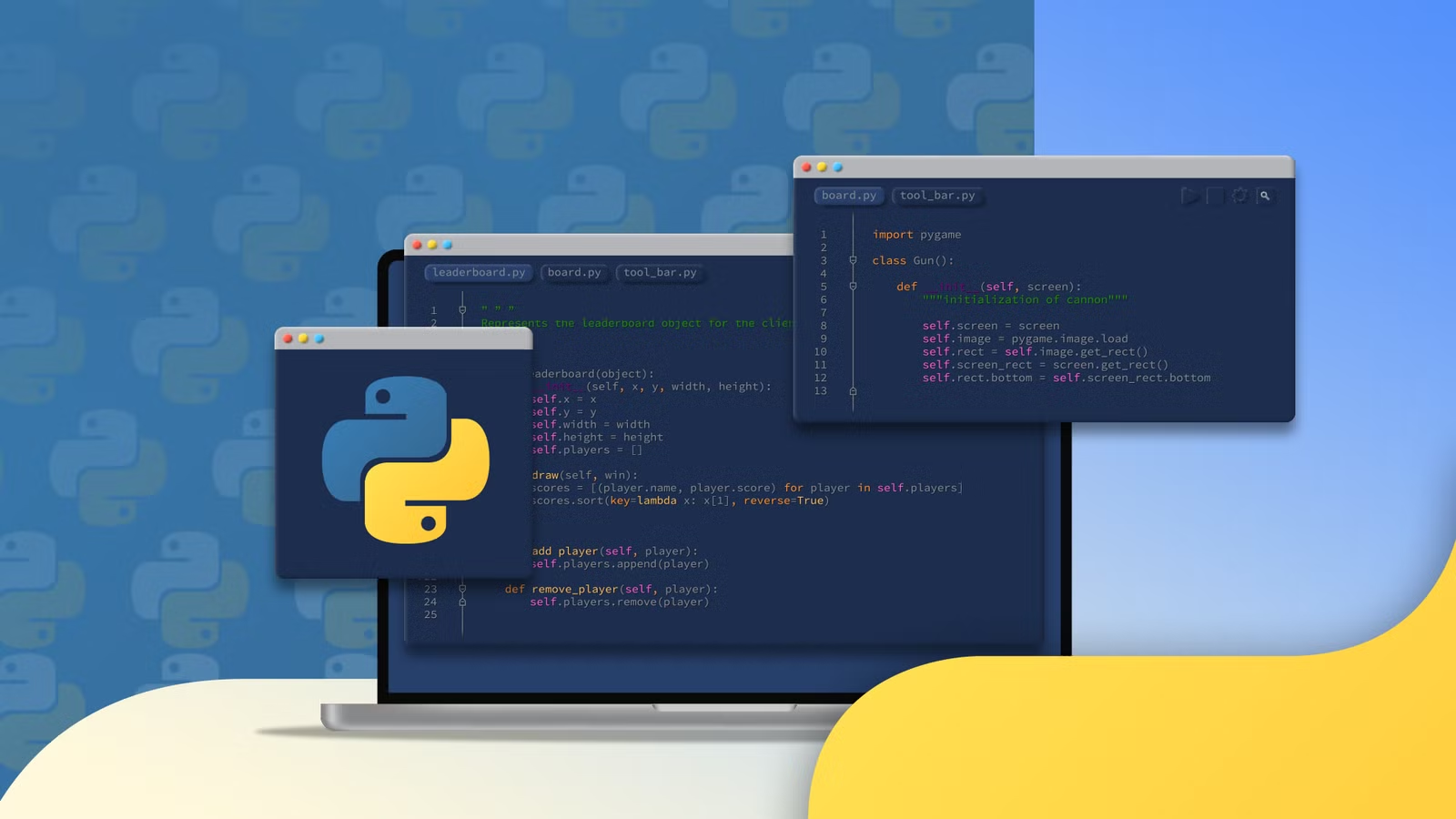Almost everything can be done online these days, but this growth in digitalization has led to more questions about privacy and security– computer forensics is key here and that is what we will be talking about on this page.
The Meaning
Mostly, people say it is the careful process of checking electronic devices and data to spot evidence about unusual or illegal actions online, for example, hacking, data leaks, fraud, identity theft and several other crimes, as more operations have become digital.
The Method Involved
There is a process in computer forensics just like in most fields and especially in the industry that handles sensitive information, the process consists mainly of three steps.
1. Picking out the Evidence
In the first place, we should determine what items might have digital evidence, like laptops, cellphones, tablets and servers. When these sources are discovered, we must keep the evidence intact to make sure it is acceptable for court. Usually, this step requires them to duplicate the real data using proper tools to keep it from being altered or polluted.
2. Getting and examining new data
After securing the evidence, the forensic team uses imaging technology to get a copy of what is found on the hard disks and solid-state drives.
After that, they will examine all the information gathered, looking for crucial details contained in documents, emails, chat files and browser activity.
3. Interpretation
After the analysis is finished, experts review the findings to change past events, find possible offenders and outline the sequence of all events and this information will be reported in forensic reports for use in court.
What Benefits Will I Get?
Computer forensics helps protect your data as well as your personal information and it is good at preventing digital crimes.
When it comes to justice, forensic investigators are important because they can gather digital proof to prove or deny the claims in the case.
Conclusion
Basically, computer forensics is there to watch our backs from cyber attacks and see that we are safe. Since we use the internet so often, they are very important and should be thanked.



